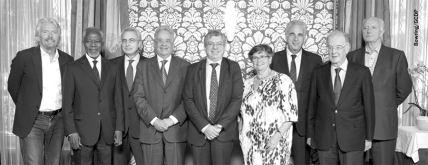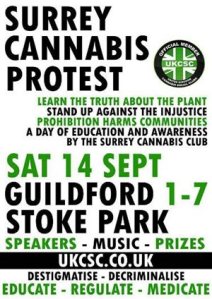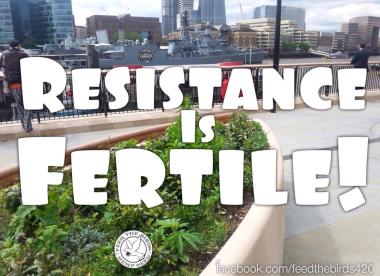
“The international community is further away than ever from realizing a ‘drug-free world’. Global drug production, supply and use continue to rise despite increasing resources being directed towards enforcement…
Rather than reduce crime, enforcement-based drug policy actively fuels it. Spiraling illicit drug prices provide a profit motive for criminal groups to enter the trade, and drive some people who are dependent on drugs to commit crime in order to fund their use…
Punitive drug law enforcement fuels crime and maximizes the health risks associated with drug use, especially among the most vulnerable. This is because drug production, shipment and retail are left in the hands of organized criminals, and people who use drugs are criminalized, rather than provided with assistance…
Criminal drug producers and traffickers thrive in fragile, conflict-affected and underdeveloped regions, where vulnerable populations are easily exploited. The corruption, violence, and instability generated by unregulated drug markets are widely recognized as a threat to both security and development…
Punitive approaches to drug policy are severely undermining human rights in every region of the world. They lead to the erosion of civil liberties and fair trial standards, the stigmatization of individuals and groups – particularly women, young people, and ethnic minorities – and the imposition of abusive and inhumane punishments…
Tens of billions are spent on drug law enforcement every year. And while good for the defense industry, there are disastrous secondary costs, both financial and social…
Instead of punitive and harmful prohibition, policies should prioritize the safeguarding of people’s health and safety. This means investing in community protection, prevention, harm reduction, and treatment as cornerstones of drug policy…
Criminalizing people for the possession and use of drugs is wasteful and counterproductive. It increases health harms and stigmatizes vulnerable populations, and contributes to an exploding prison population. Ending criminalization is a prerequisite of any genuinely health-centered drug policy.”
And if you were wondering whether this is just hot air and bluster coming from a bunch of fringe ex-leaders and a billionaire who like a smoke…
“This [Commission on Narcotic Drugs] will be followed, in 2016, by the UN General Assembly Special Session on the issue. I urge Member States to use these opportunities to conduct a wide-ranging and open debate that considers all options…”
“We are driven by a sense of urgency. There is a widespread acknowledgment that the current system is not working, but also recognition that change is both necessary and achievable. We are convinced that the 2016 United Nations General Assembly Special Session (UNGASS) is an historic opportunity to discuss the shortcomings of the drug control regime, identify workable alternatives and align the debate with ongoing debates on the post-2015 development agenda and human rights.”
For the full report see here





